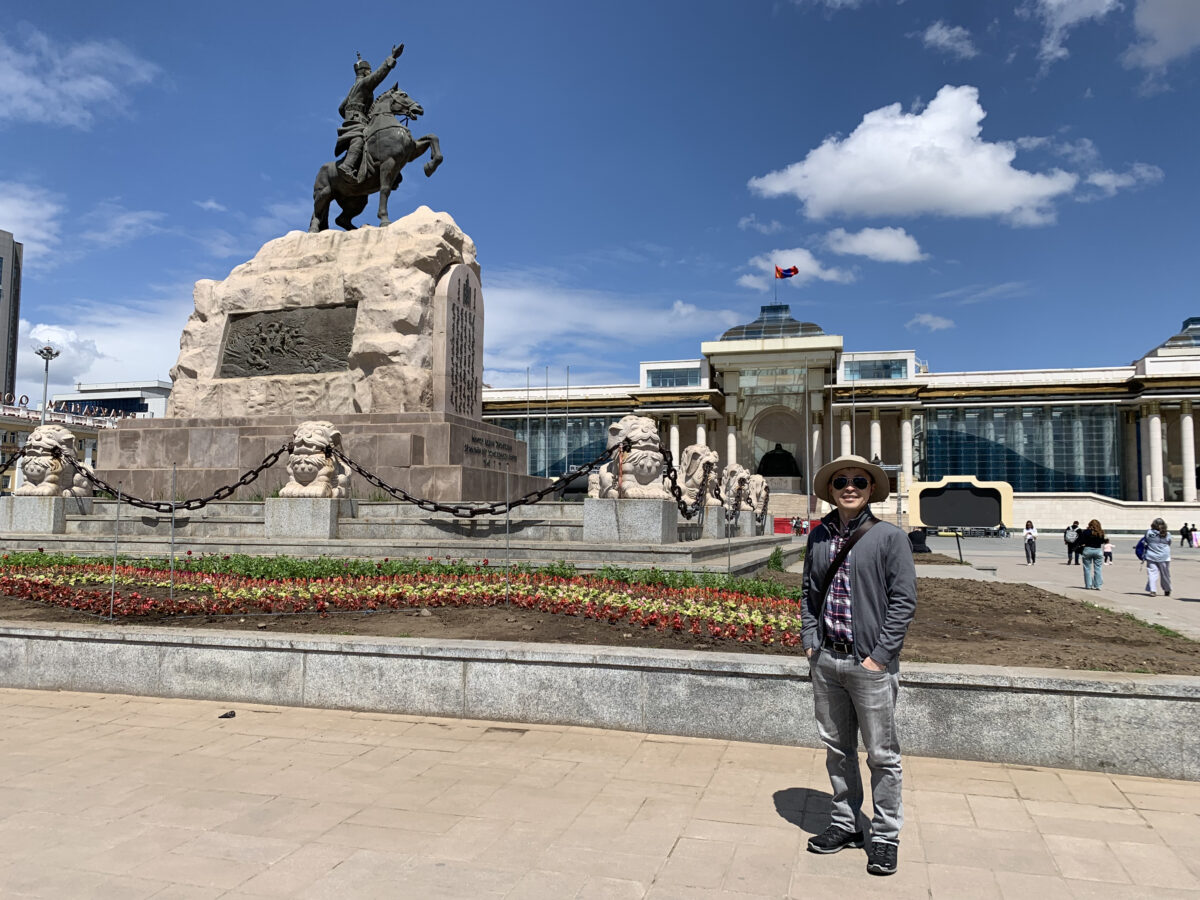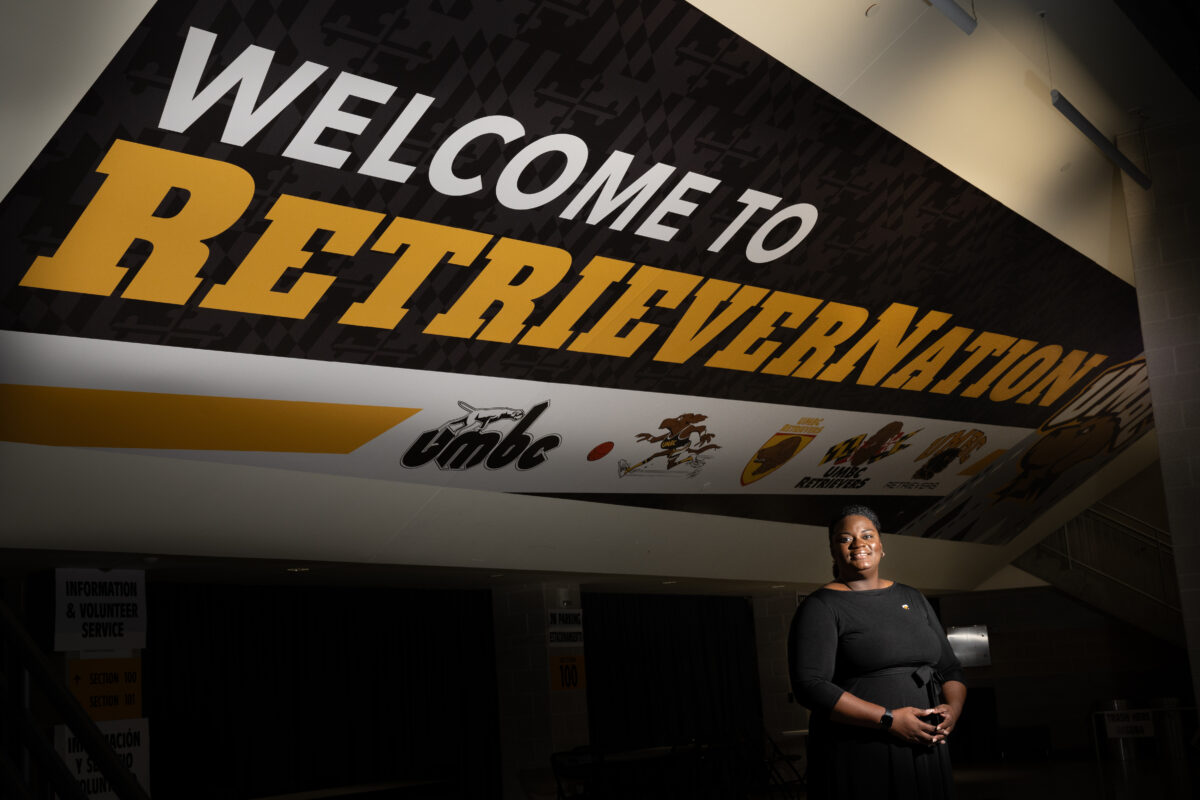Training Today’s Workforce
UMBC is a leader in developing programs that help to create a more skilled and technologically literate workforce in the Baltimore-Washington area. The latest example is the debut this fall of new graduate programs in systems engineering, e-government and the non-profit sector.
The University’s Division of Professional Education and Training (DPET) is responding to the staffing needs of regional high-tech industries by offering two graduate programs in Systems Engineering (SE). According to officials with Northrop Grumman Corporation’s (NYSE: NOC) Electronic Systems Sector–a sponsor of the new programs–the shortage of qualified systems engineers is urgent and will grow over the next few years. Systems engineers typically work on large-scale projects in high-tech industries including aerospace, information technology, defense, transportation, space exploration, manufacturing and telecommunications.
The two new programs differ from traditional systems engineering training by offering curricula that is focused more on the technical, hands-on side of the field instead of management. “There will be a heavy emphasis on problem solving, practical application, mentoring by experienced systems engineers and a teamwork approach,” says Ted Foster, assistant dean of the college of engineering at UMBC and director of the new SE program.
E-government is another field in need of professional development resources for its workers. A recent study by the CIO Council found that just 15 percent of more than 19,000 federal IT workers have extensive knowledge in e-government. UMBC’s Departments of Public Policy and Information Systems are responding with a new graduate certificate program in electronic government (e-gov), the first in the Baltimore/Washington area focused on skills needed to increase and improve online transactions and services offered by federal, state and local government to individuals and businesses.
Three of the nation’s top e-gov experts are teaching in the program: Pattee Fletcher, whose extensive federal information technology (IT) experience includes work for the General Accounting Office and the U.S. Treasury and Freddie Mac; Stephen Holden, whose federal government IT experience includes helping to develop the Internal Revenue Service’s (IRS) e-file system; and Donald F. Norris, a nationally known analyst, author and consultant on state and local government IT management. Norris and Fletcher are co-editors in chief of The International Journal of Electronic Government Research.
To provide important skills that will help workers in health, aging, social services and other fields better support community needs, UMBC and the Maryland Association of Nonprofit Organizations have created a flexible, 12-credit graduate certificate program in the nonprofit sector. Students may begin the program at any time during the year and earn a post-baccalaureate certificate in as little as 18 months. Courses, offered at UMBC and at the Maryland Nonprofits’ Baltimore Office, include the role of nonprofit institutions in American society, research and evaluation methods, nonprofit sectors such as health and aging, and internal structures and external relations of nonprofit organizations.
(8/31/04)



